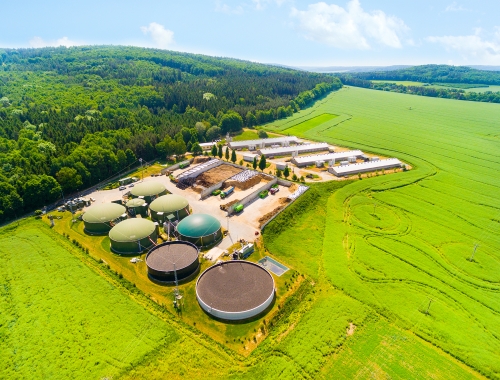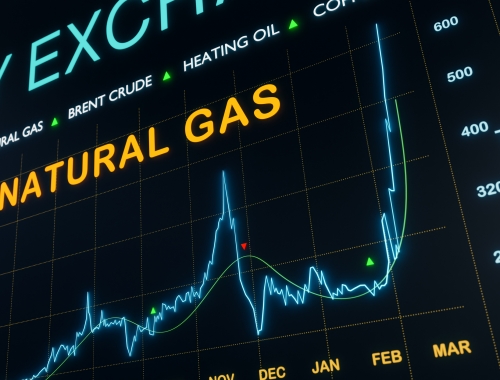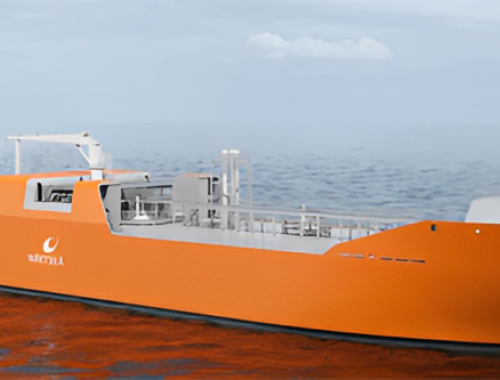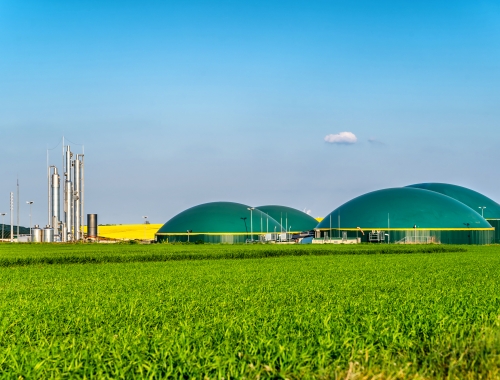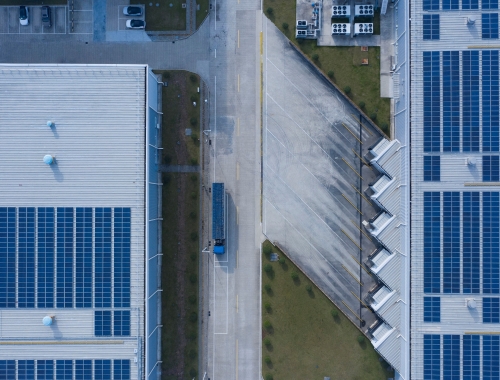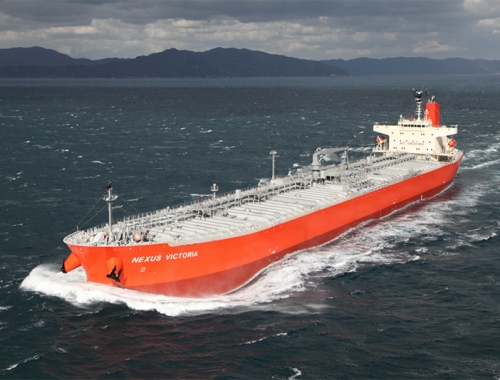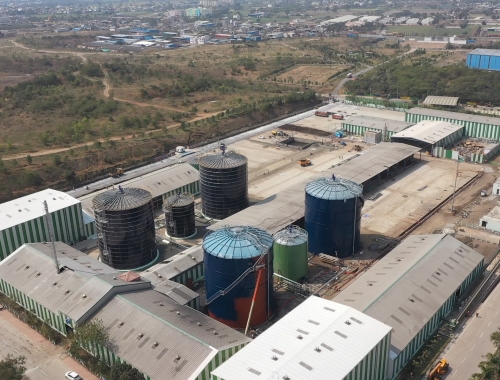CMA-CGM, Shell use bio-LNG for Rotterdam bunkering
SUMMARY
The French shipping company said bio-LNG is a key component of its efforts to reach net-zero carbon by 2050.
By Gas PathwaysFrench shipping and logistics company CMA CGM said December 1 it had joined with Shell in performing the first bunkering trial for bio-LNG in Rotterdam.
The containership Aurora received around 483 m3 of LNG and 44 m3 of bio-LNG via ship-to-ship transfer while calling at Rotterdam. The partners said this is a carbon-neutral offering for the maritime shipping industry and, when combined with duel-fueled gas engine technology, could reduce emissions of CO2 by at least 67% when compared to very-low sulphur fuel oil (VLSFO).
“CMA CGM believes LNG is one of the first steps towards achieving our target to achieve net zero carbon by 2050,” said Farid Trad, CMA CGM’s vice president for bunkering and the energy transition. “LNG-powered vessels enable (us) to reach, as of today, step 2 of this process, which is the use of bio-LNG.”
CMA CGM and French energy company ENGIE agreed last month to collaborate on ways to produce and distribute synthetic methane as well as bio-LNG. CMA CGM, for its part, said it has already developed technology that allows shippers to use liquefied bio-methane or synthetic methane as a fuel source.
“Produced from agricultural and industrial food waste, bio-LNG has demonstrated the future potential of the bio-LNG supply chain,” CMA CGM explained. “Results from the trial will give the maritime sector a vital demonstration into the scalability, sustainability and technical compliance of bio-LNG.”
Shippers are looking for new, low-carbon fuel solutions to meet their obligations under the International Maritime Organisation’s IMO 2020.

